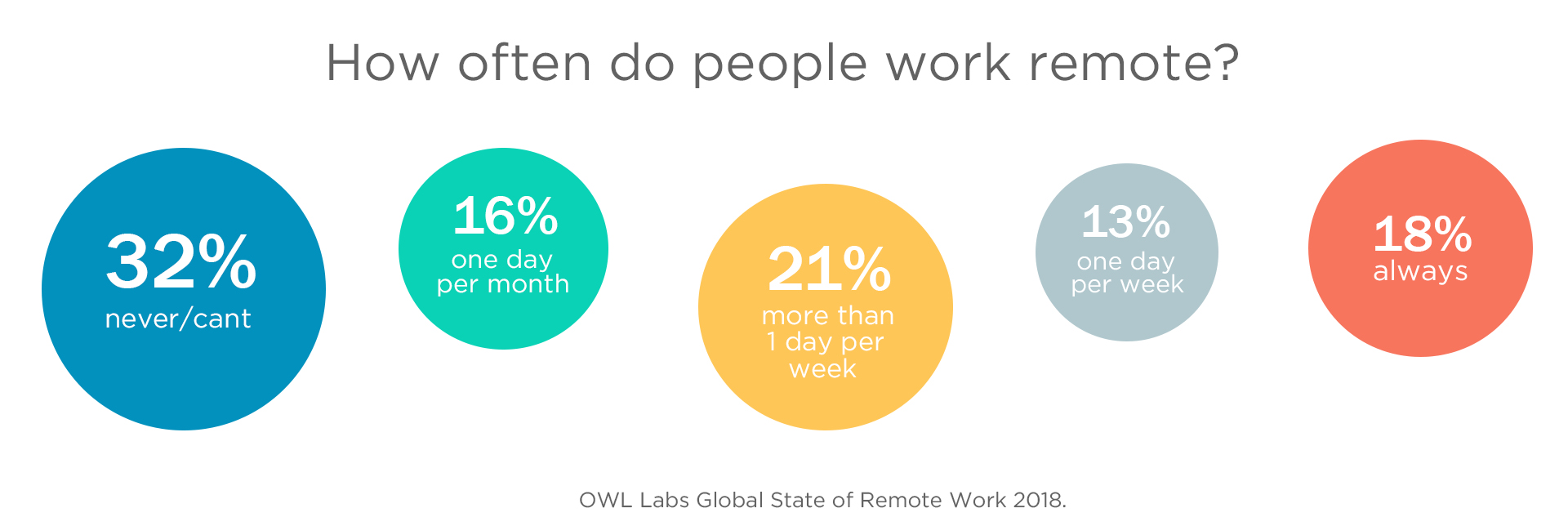Startup Survival Under Crisis: How to Organize Productive Remote Work
Keeping any business afloat & safe under crisis is always a challenge. However, the current crisis caused by COVID-19 & quarantine measures add to the complexity due to its adverse ramifications on commerce worldwide in varied industries.
One of the hurdles that the majority of companies have faced is the transition to the remote working format along with support of their business under an economic crisis & lack of investments.
In this article, we will share their 19-years of experience with Forma Pro, including the organization of remote working processes & insights gathered from our partners & clients from all over the world.
Pandemic 2020 Consequences
The mass media disseminates information of the crisis caused by COVID-19 & it comes as no surprise that many businesses are suffering from this setback. However, there are two grappling sides of this crisis predisposition.
The detrimental side has caused devastation & damage to offline industries & digital companies that are reliant on world trade, travel, restaurant & other commercial enterprises that have been the hardest hit by quarantine measures.
Many growing startups are struggling with the lack of investment because of the economic crisis, and numerous companies have made layoffs to keep their heads above water & to stay afloat. There are some digital businesses that have been positively affected by the crisis, such as delivery services, some types of e-commerce, digital communication platforms, etc. But now they have to upscale & upgrade themselves to meet the rapidly growing demand.
To counter these ravaging circumstances, companies may need to hire new staff for any of the reasons aforementioned, depending on their situation, to draw level with their growth & to establish effective, low-cost solutions that make ends meet. These conditions are compounded by the shift toward remote work.
Forced remote
Remote work has been coming along leaps & bounds. A shift to remote is a disposition required by the future. Some companies adapted to this format much earlier, at least in external communication with contractors & clients. According to Global State of Remote Work 2018, more than 50% of companies worldwide allowed remote working at least some times per week or even fully. Furthermore, this paradigm shows no signs of contracting.

Nevertheless, due to quarantine measures, this already rapidly growing tendency became essentially crucial in a moment forcing most startups & enterprises to adapt to teleworking conditions. Many companies build their working processes keeping in mind & considering the opportunity of remote work from time to time. But there are still more than 40% of companies that don’t empower remote work & now they have to transform their organizational chart & business processes virtually overnight.
Tips on How to Organize Remote Work
Along with the Global Workplace Analytics statement that remote workers could be 20-25% more productive than the office workers, there are lots of organizational issues facing company management.
Here some risks with remote work:
– probability of lower productiveness
– time gap in mediated communication
– increasing the time spent on management (especially management of junior specialists)
– reviewing of requirements set out for staff soft skills & seniority-level.
To cover those risks, managers & team leads should pay extra attention to the organization of the working process. Our C-level managers shared some suggestions on building & coordinating the remote process based on 19-years experience. Please see the following:
- Help to organize the workplace.
Ensure that all staff have organized comfort workplaces at home & that they are provided with devices & technologies they need for work.
- Use of management tools & standard stack communication.
Communication needs can be covered by Slack & Zoom. For tracking work progress of technical specialists Jira is an optimal solution. Following, Github, Gitlab, Confluence & other similar tools will help to keep things flowing while exchanging developments & knowledge. In addition, teamviewer may help to access the computer in the office if it is connected to a specific ID, or to let system administrators fix any unforeseen issues on the employee’s remote PC.
- Set clear & detailed tasks.
To avoid miscommunications & to ensure the best results, it’s important to share with the team as many details as possible.
- Use Scrum & don’t hesitate to communicate more.
Of course, the only one way to assess the productivity of remote work is to check the results. However, to certify the quality of results, it’s important to use scrum methodology & divide the whole work into sprints while setting daily meetings. Moreover, the quantity of communication may vary based on proficiency level. While senior specialists will work effectively with regular daily meetings, junior specialists need much more check points.
- Set fixed working & response time.
Agree with the team a fixed period in the working schedule when all the team will be in touch for communication to avoid critical mismatching in the working process. Fixed response times will help mitigate the time gaps in mediated communication.

Organization of the remote work requires high attention to all details & structuring of the working & communication operations. However, hiring new remote in-house employees is a more complex process because of a variety of recruiting & onboarding risks, as well as time and financial expenses.
Dedicated Team Solution
First of all, the higher requirements for remote employees for an office should be taken into account. It’s about both soft & hard skills. Because remote specialists should be more credible, must have high self-organizational & time management skills, & must be essentially, self starters. Also, there are many risks in on-boarding & the training of remote junior specialists, especially if the employee is needed in a short term. In this context the most optimal way to cover this risk is to hire middle or senior developers. However, requirements for seniority impose an increase of the labour budget.
In the case of remote specialists requirements under the crisis & other unprecedented conditions, the most optimal solution on the time, cost and quality is the hiring of an established dedicated team or individual dedicated software engineer.
This solution provides many benefits, such as the following:
– proven expertise in various spheres & technologies,
– assurance of the fast recruitment & onboarding,
– high-quality management on contractor’s side,
– high-level professional and well-organized team in a moment,
– low-cost specialists from tier-2 countries compared to tier-1.
All companies, regardless of their size & corporate culture, should adapt to meet the current conditions. Most employers have adjusted their working processes & short-term plans in proportion to the crisis and quarantine.
In essence, remote work has become our business reality & could be sustained well into the future. Of course, to stay ahead of the times, one must take into account these changes.